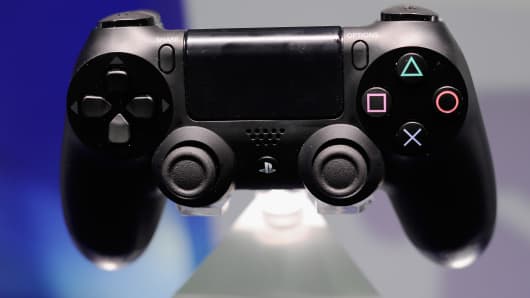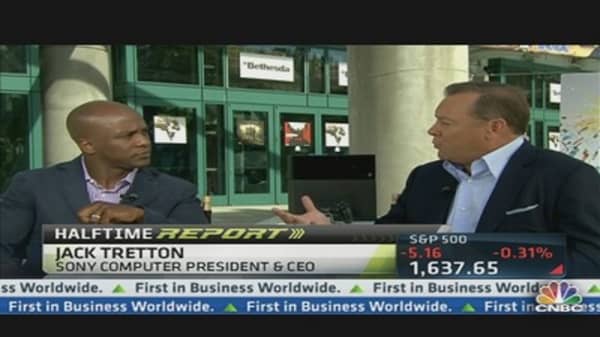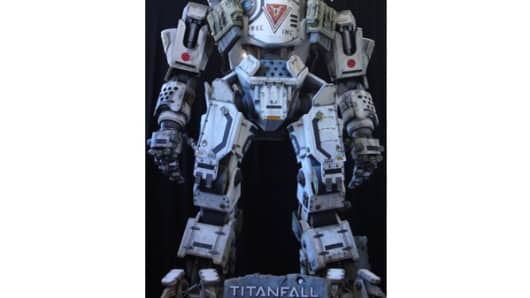While the video game industry was optimistic going into E3, the investment community was a bit more skeptical.
Certainly, the introduction of new consoles would give shares of the sector a boost, but would it be enough to bring back the glory days? Analysts were uncertain. But as E3 draws to a close, some of those industry observers have become more optimistic about the next 12 months and beyond.
"We are incrementally bullish on the upcoming video game console cycle following our initial meetings/conversations at the 2013 E3 Expo," Sterne Agee's Arvind Bhatia said in a note to investors. "We think there is a good chance of double-digit next-gen console-unit growth in the initial years (compared to the same period in the last cycle). This is stronger than our most recent expectation of flat-to-down console-unit sales in the initial years (cycle over cycle)."
(Read More: E3: Scenes From the Video Game Circus)
The optimism comes from a variety of categories. First among them are the console price points. While Sony will have a base price advantage of 20 percent over Microsoft, both consoles fell within the projected range for analysts.
The quality of the games has also buoyed spirits. Some showgoers have described the 2013-2014 game lineup as the best in years—possibly ever. And the quality of the titles on display will hopefully translate into a sales boost—for both current and next generation systems.
Investors are still on the fence, though. Shares of the sector have been down this week, something that publishers say baffles them.
"E3's usually a boost for this industry, particularly when you have new consoles coming out," said Peter Moore, chief operating officer of Electronic Arts. "I think it's a question of 'have video games reached their peak?' [Investors] are getting out of game stocks because they don't know how to model a world where a lot of the information isn't [shared] because it's digital sales. … So any hint of bad news sends [investors] to the exit doors."
One of the things investors will be looking at in the days that follow E3—and as the hype machines cool down—is who 'won' certain aspects of the show. It's certainly a debatable point, and one that history will decide, but here's our take on who seemed to come out on top in a number of categories.





